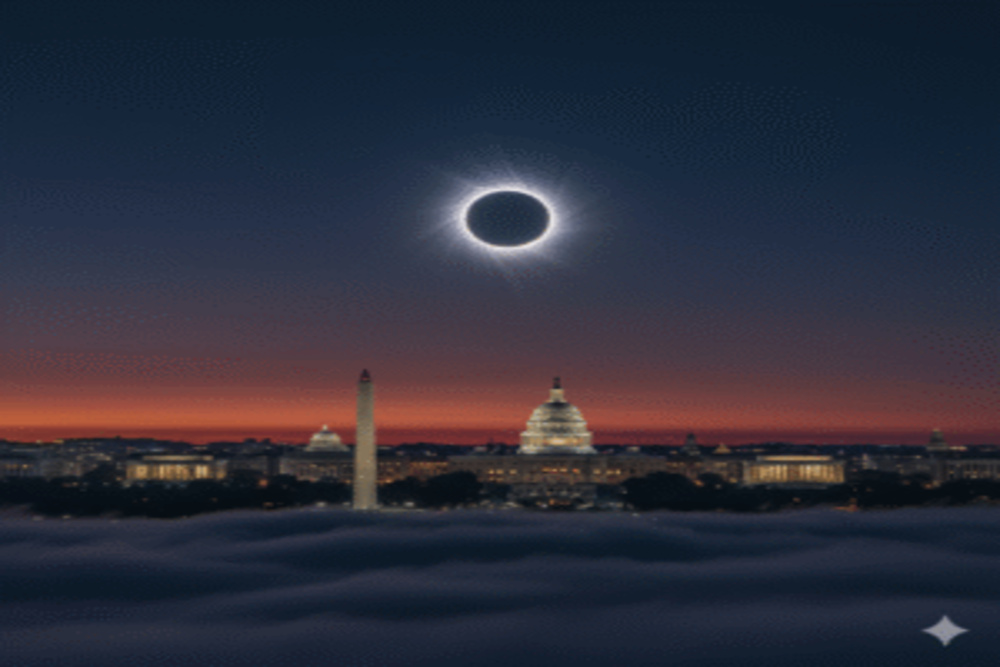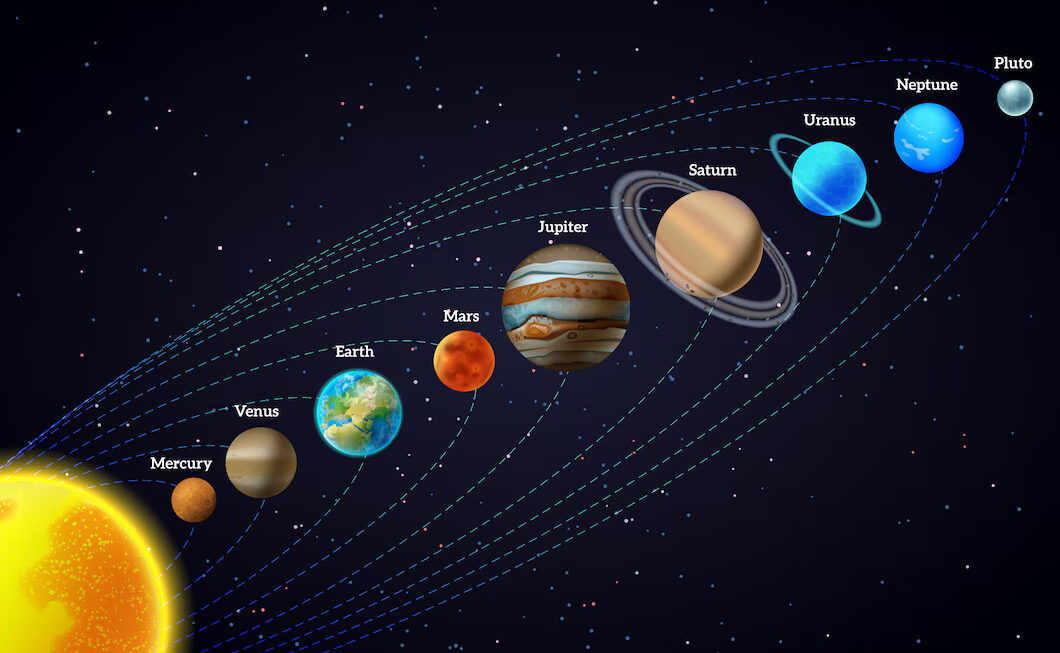Throughout history, eclipses have been viewed as omens — moments when the light of the luminaries is temporarily obscured, symbolizing a turning point in the fate of nations and leaders. In mundane astrology, eclipses are considered some of the most potent celestial events, capable of reshaping political landscapes, triggering natural upheavals, and redirecting the course of history itself. These moments of cosmic “shadow” reveal deeper truths about the collective psyche of humanity. Explore how eclipses world impact global events, shaping political shifts, natural occurrences, and major transformations in world affairs.

Understanding Eclipses in Mundane Astrology
Eclipses occur when the Sun, Moon, and Earth align precisely on the lunar nodes — the karmic intersection points of the Moon’s orbit and the ecliptic plane. In a personal chart, this can bring fated events and revelations; in world astrology, it amplifies collective tension and transformation.
When an eclipse falls upon sensitive points in a national chart — such as the ascendant, the ruler of the 10th house (government), or the Moon (public mood) — it often coincides with dramatic shifts in leadership, policy, or even national identity.
Each eclipse belongs to a Saros series, a family of eclipses that repeat every 18 years. Mundane astrologers often track these series to understand recurring historical patterns. For example, an eclipse from the same Saros series may echo themes of an earlier period, revealing karmic links between eras.
The Eclipse’s Mundane Effects: A Symbolic Shadow Over Power
The eclipse mundane effects are strongest when visible over key geopolitical regions. A solar eclipse can signal a crisis or renewal in leadership — the “King’s eclipse” — as it temporarily darkens the Sun, the symbol of authority and power. Conversely, a lunar eclipse tends to impact the emotional climate of populations, stirring unrest, protests, or collective awakening.
Consider the eclipse global patterns observed in recent history:
- The August 1999 total solar eclipse, dubbed the “Eclipse of the Millennium,” cast its shadow over Europe and the Middle East — shortly before the onset of global political realignments and rising international tensions in the early 2000s.
- The December 2019 solar eclipse in Sagittarius coincided with the spread of COVID-19 and the ensuing restructuring of global travel, trade, and governance — fitting for Sagittarius themes of globalization, belief systems, and long-distance movement.
- The April 2024 total solar eclipse crossing North America was anticipated by astrologers to bring deep questions of national unity, leadership, and reform within the United States — highlighting the nation’s Pluto return period.
Eclipses mark critical junctures in time — like punctuation marks in the story of civilization. They rarely cause events on their own but act as cosmic triggers that release accumulated tensions. The world eclipse charts help astrologers identify where the “shadow” will fall, both literally and symbolically.
Eclipses and Global Cycles
When an eclipse aligns with slow-moving planets — especially Saturn, Uranus, Neptune, or Pluto — it tends to manifest as larger collective phenomena:
- Eclipse conjunct Saturn → government crises, economic austerity, conservative backlash.
- Eclipse conjunct Uranus → revolutions, protests, sudden scientific or social breakthroughs.
- Eclipse conjunct Neptune → deception, disillusionment, or humanitarian awakening.
- Eclipse conjunct Pluto → power struggles, collapses of empires, or profound regeneration.
In global transits, these configurations often define the tone of a decade. For instance, the eclipses of 2020 occurred while Saturn and Pluto were conjunct in Capricorn — a textbook signature for systemic breakdown and reconstruction, which mirrored the global lockdowns and institutional reevaluations of that year.
The Spiritual Dimension of Eclipses
Beyond geopolitics, eclipses represent cosmic pauses where humanity collectively re-evaluates direction. Ancient seers in India treated eclipses as times of inward focus — moments to withdraw, meditate, and realign with higher truth. In political astrology Vedic traditions, kings were advised to avoid declarations or coronations during eclipses, as the luminaries’ light — symbolic of dharma and clarity — was obscured.
Modern mundane astrologers echo this view symbolically: nations often lose clarity or unity during eclipse periods, yet what emerges afterward can be a rebirth of purpose. Just as the Sun’s light returns after totality, so too does human consciousness reawaken to new paradigms.
Conclusion: Reading the Shadow of Time
Eclipses in mundane astrology remind us that even the grandest powers on Earth are subject to celestial cycles. They do not create destiny but unveil it — casting temporary shadows to reveal eternal truths. By studying where and how these eclipse global influences unfold, astrologers can anticipate shifts in governance, economy, and collective awareness.Each world eclipse is, in essence, a mirror — reflecting humanity’s evolving relationship with power, truth, and transformation.












